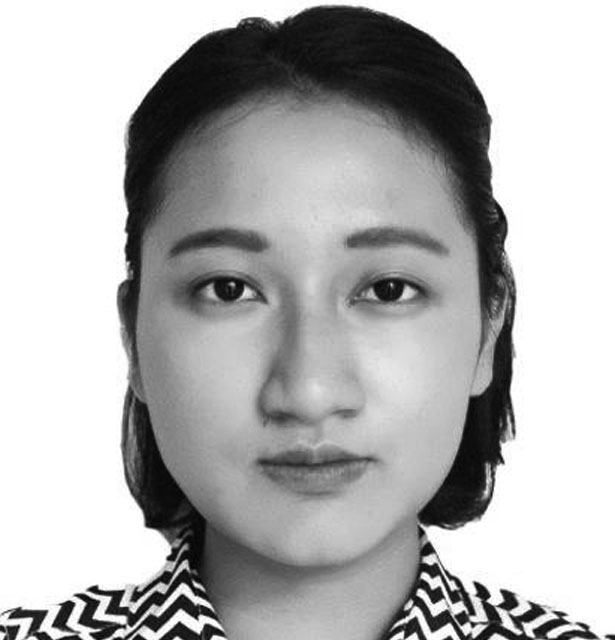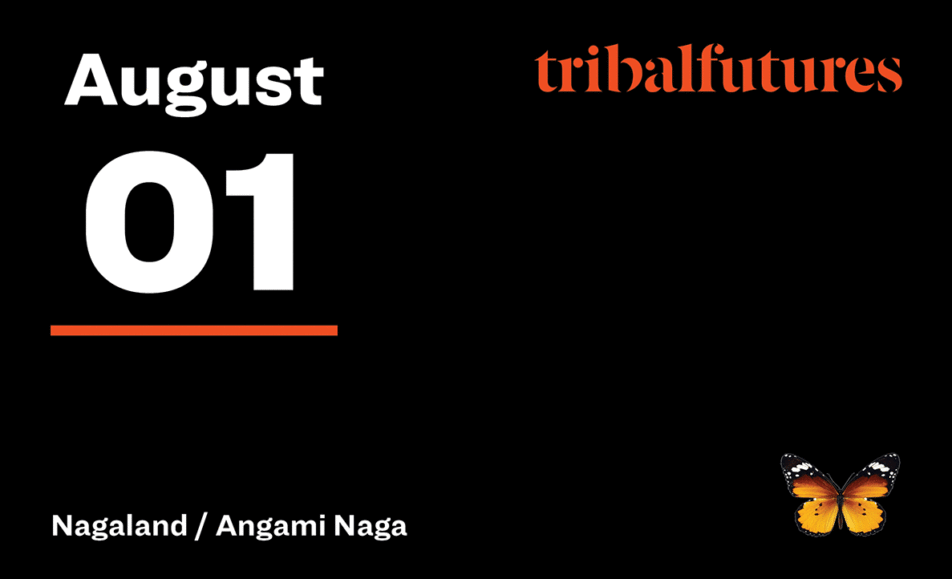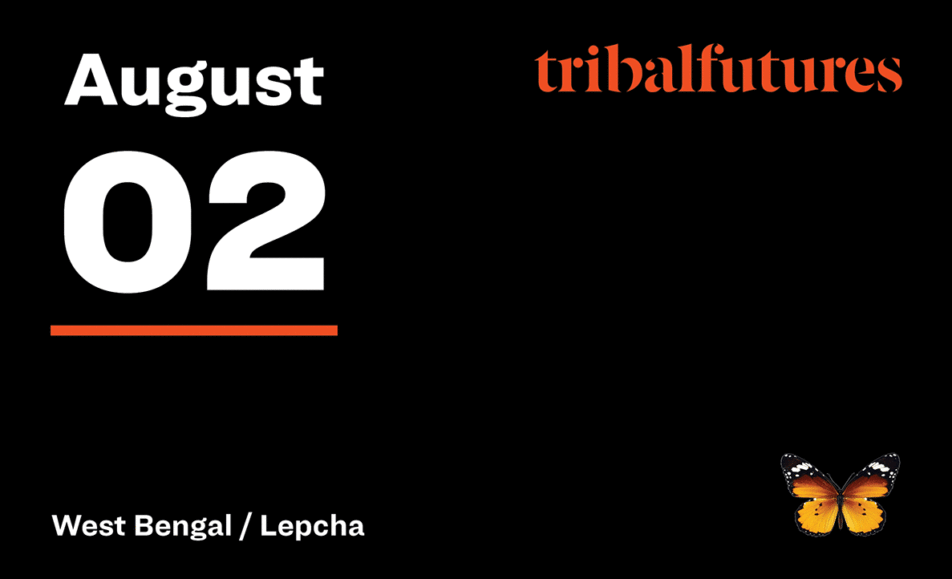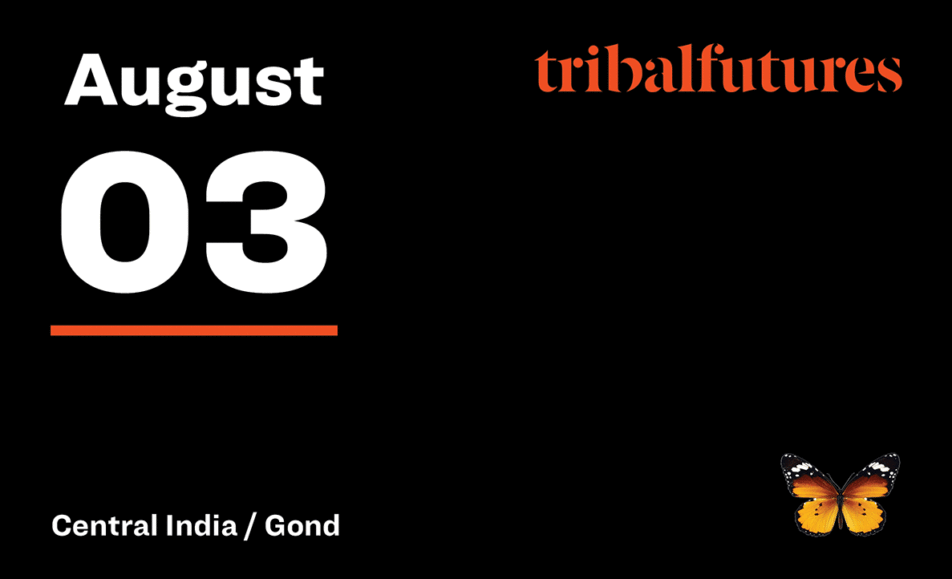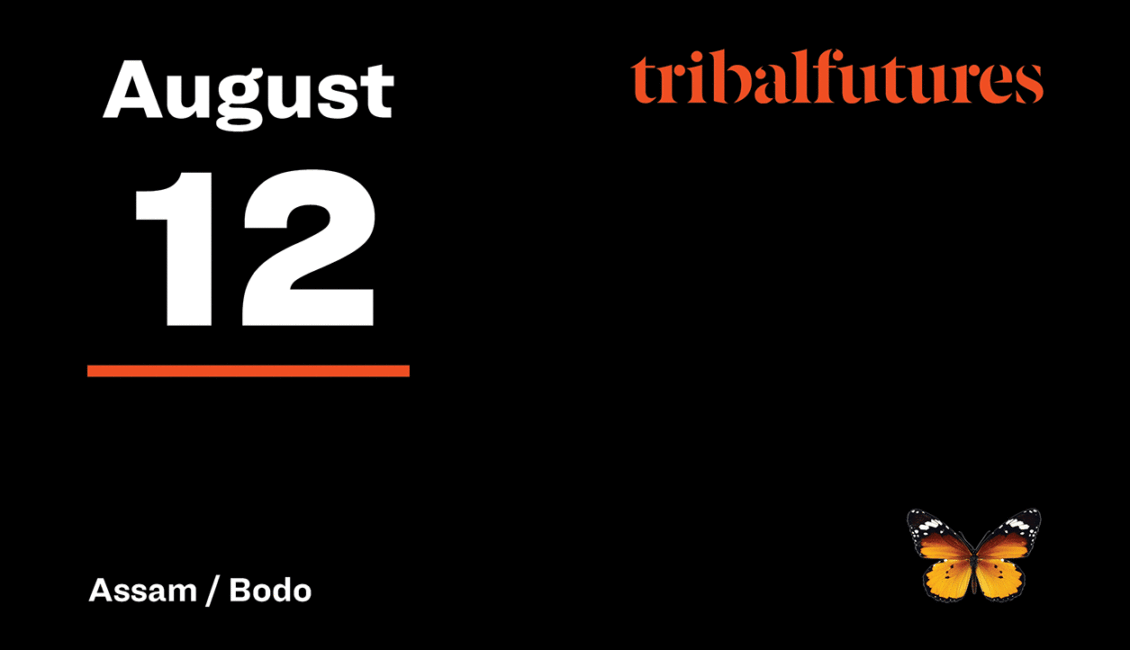
Rubashi Brahma, a young designer, will present a 30-minute online talk on her innovative use of technology to document, preserve, and archive the textile traditions of the Bodo culture. In this presentation, Brahma will explore the intersection of technology and cultural heritage, demonstrating how digital tools can enhance the understanding and accessibility of traditional crafts. She will share her approach to creating comprehensive digital archives, including detailed documentation of weaving techniques, patterns, and the cultural significance of Bodo textiles. Brahma will also discuss her efforts to make these archives accessible to a broader audience, ensuring that the rich heritage of Bodo textiles is preserved for future generations. The presentation will conclude with a 30-minute Q&A, providing an opportunity for attendees to engage with Brahma on topics such as the challenges of digital archiving, the role of technology in cultural preservation, and the importance of maintaining cultural identity in a modern context.
